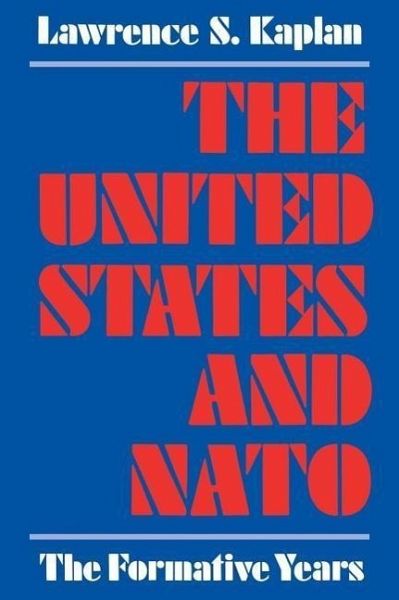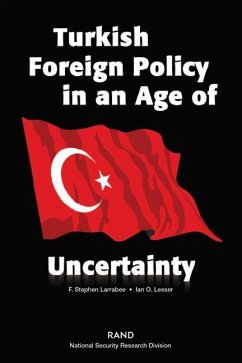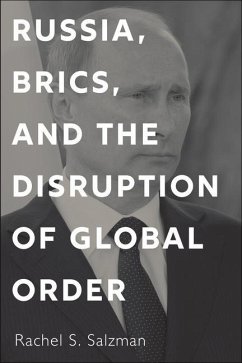
The United States and NATO
The Formative Years
Versandkostenfrei!
Versandfertig in über 4 Wochen
25,99 €
inkl. MwSt.

PAYBACK Punkte
13 °P sammeln!
The creation of the North Atlantic Treaty Organization was one of the most important accomplishments of American diplomacy in countering the Soviet threat during the early days of the Cold War. Why and how such a reversal of a 150-year nonalignment policy by the United States was brought about, and how the goals of the treaty became a reality, are questions addressed here by a leading scholar of NATO. The importance of restoring Europe to strength and stability in the post-World War II years wa












